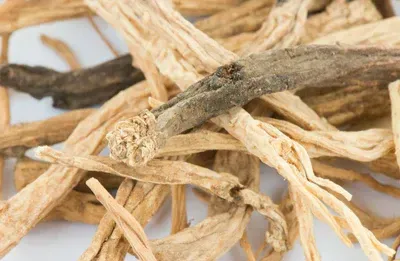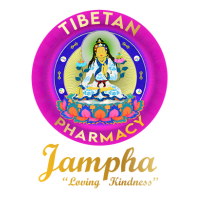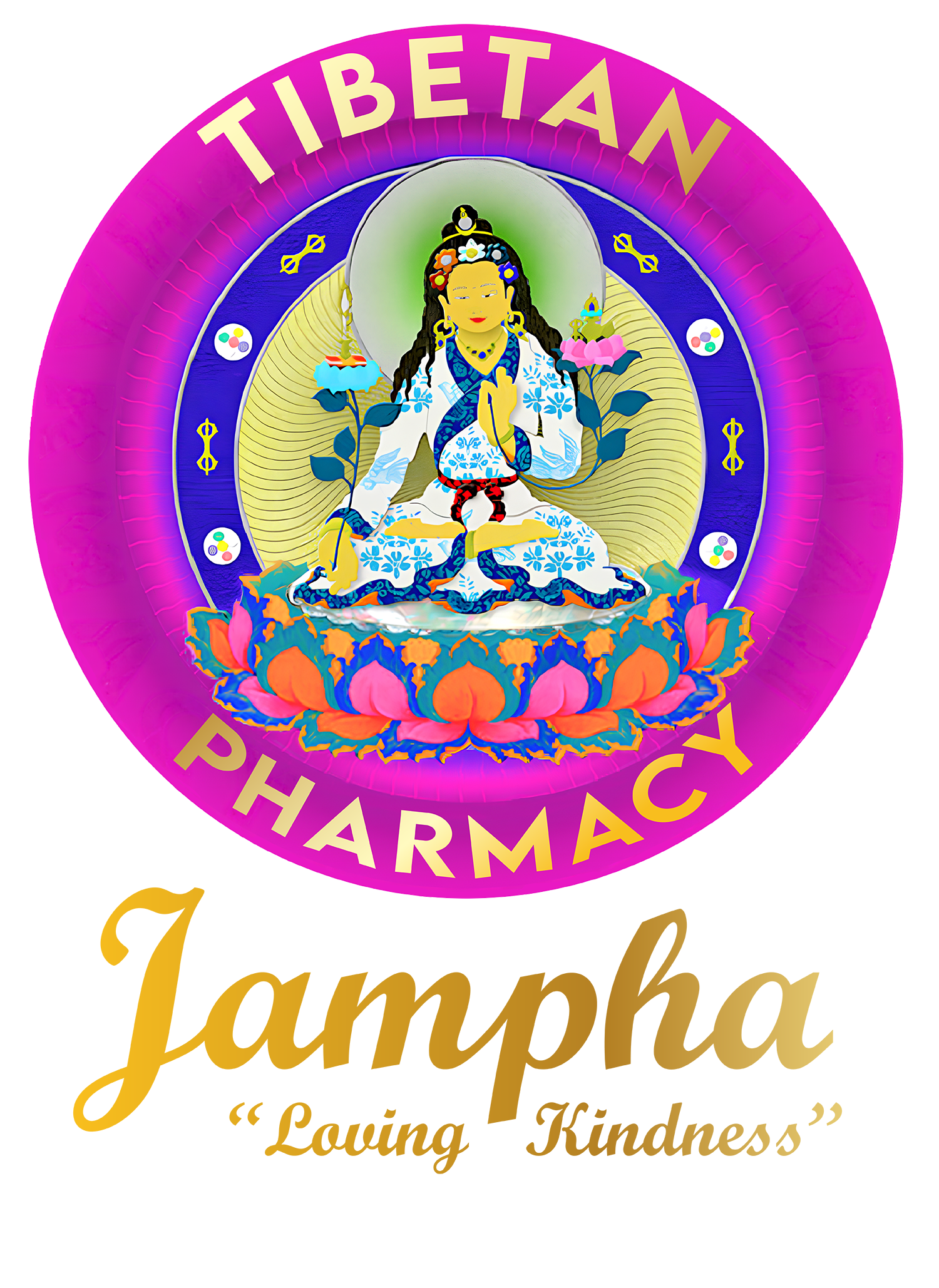By Jampha
•
March 30, 2023
Codonopsis pilosula Root: Healing Potentials in Tibetan and Ayurvedic Medicine Abstract: Codonopsis pilosula, a perennial herbaceous plant native to East Asia, has been widely used in traditional Tibetan and Ayurvedic medicine for centuries. Its root has various bioactive compounds that contribute to its healing properties. This monograph aims to provide a comprehensive review of the scientific literature on the healing potentials of Codonopsis pilosula root in these traditional medicine systems, exploring its pharmacological effects, mechanisms of action, and potential therapeutic applications. Introduction: Codonopsis pilosula, commonly known as Dang Shen or Poor Man's Ginseng, is a significant plant used in traditional Asian medicine systems such as Tibetan and Ayurvedic medicine. The root of Codonopsis pilosula is precious for its numerous health benefits, which can be attributed to its abundant bioactive compounds, including polyphenols, polysaccharides, alkaloids, and saponins. This monograph delves into the scientific studies on the healing potentials of Codonopsis pilosula root and highlights its specific applications in Tibetan and Ayurvedic medicine. Immunomodulatory Effects: One of the most well-known healing potentials of Codonopsis pilosula root is its immunomodulatory effects. Studies have demonstrated that the polysaccharides in the root can stimulate immune cell proliferation and activate macrophages, ultimately enhancing the overall immune response (Zhang et al., 2016). This immunomodulatory property has been used in traditional medicine to strengthen the body's resistance to infections and improve overall health. Antioxidant and Anti-Inflammatory Properties: Codonopsis pilosula root has been shown to exhibit potent antioxidant and anti-inflammatory properties. The presence of polyphenols and flavonoids in the root contributes to its free radical scavenging abilities, which help protect the body from oxidative stress (Li et al., 2015). Additionally, the root has been found to inhibit the production of pro-inflammatory cytokines, thus reducing inflammation (Wang et al., 2017). In traditional medicine, these properties have been used to treat arthritis and asthma. Adaptogenic Effects: Codonopsis pilosula root is known for its adaptogenic effects, which help the body resist physical and emotional stressors. Studies have revealed that the root can regulate the hypothalamic-pituitary-adrenal (HPA) axis, modulating cortisol levels and improving stress tolerance (Chen et al., 2011). Codonopsis pilosula root has been used in Tibetan and Ayurvedic medicine to combat fatigue, improve mental clarity, and enhance overall vitality. Gastrointestinal Health: The healing potential of Codonopsis pilosula root extends to the gastrointestinal system, where it has been found to promote digestive health. Research suggests that the root can alleviate symptoms of peptic ulcers by reducing gastric acid secretion and promoting the secretion of protective factors such as mucus (Yang et al., 2013). It has also been used traditionally to treat gastrointestinal disorders such as diarrhea, dyspepsia, and abdominal pain. Cardiovascular Health: Codonopsis pilosula root has been shown to possess cardioprotective properties, potentially improving cardiovascular health. Studies indicate that the root can lower blood pressure, reduce blood lipid levels, and inhibit platelet aggregation (Wang et al., 2014). These effects have been employed in traditional medicine to prevent and treat hypertension, hyperlipidemia, and cardiovascular diseases. Conclusion: Codonopsis pilosula root is a potent medicinal plant with various healing potentials. Its immunomodulatory, antioxidant, anti-inflammatory, adaptogenic, gastrointestinal, and cardiovascular properties make it a valuable resource in traditional Tibetan and Ayurvedic medicine. Scientific studies have supported these traditional uses, providing evidence for the effectiveness of Codonopsis pilosula root in promoting overall health and well-being. Future research should focus on identifying the specific bioactive compounds responsible for the various healing potentials of Codonopsis pilosula root and its potential in combination with other medicinal plants. Additionally, more extensive clinical trials are needed to validate the safety and efficacy of Codonopsis pilosula root in treating various ailments. References: Chen, J., Chen, X., Zhang, L., Wang, Y., & Wang, J. (2011). The effects of Codonopsis pilosula on the HPA axis of rats under stress. Chinese Journal of Integrative Medicine, 17(12), 947-951. Li, S., Zhao, X., Wang, J., Chen, H., & Wang, Y. (2015). Antioxidant activity of the water-soluble polysaccharides from Codonopsis pilosula. Carbohydrate Polymers, 126, 85-90. Wang, L., Wang, C., Gao, X., Xu, N., & Lin, L. (2014). Cardioprotective effect of total saponins from three medicinal species of Codonopsis on isoproterenol-induced myocardial ischemia in rats. Journal of Ethnopharmacology, 157, 228-234. Wang, Q., Kuang, H., Su, Y., Sun, Y., Feng, J., Guo, R., & Chan, K. (2017). Naturally derived anti-inflammatory compounds from Chinese medicinal plants. Journal of Ethnopharmacology, 198, 235-247. Yang, Y., Wang, H., Kouadir, M., Song, H., & Shi, F. (2013). Recent advances in the mechanisms of NLRP3 inflammasome activation and its inhibitors. Cellular Death and Disease, 4(2), e482. Zhang, Y., Wang, D., Yang, L., Zhou, D., & Zhang, J. (2016). Purification and characterization of a novel immunomodulatory protein from the medicinal mushroom Trametes versicolor. Science Reports, 6, 29063.











